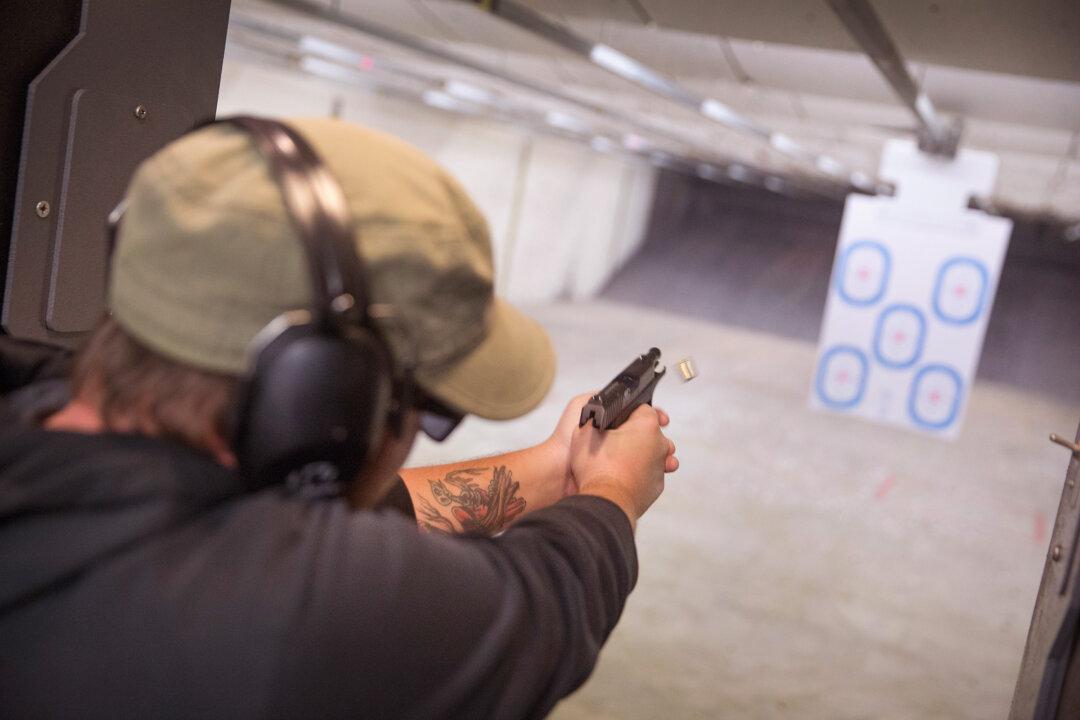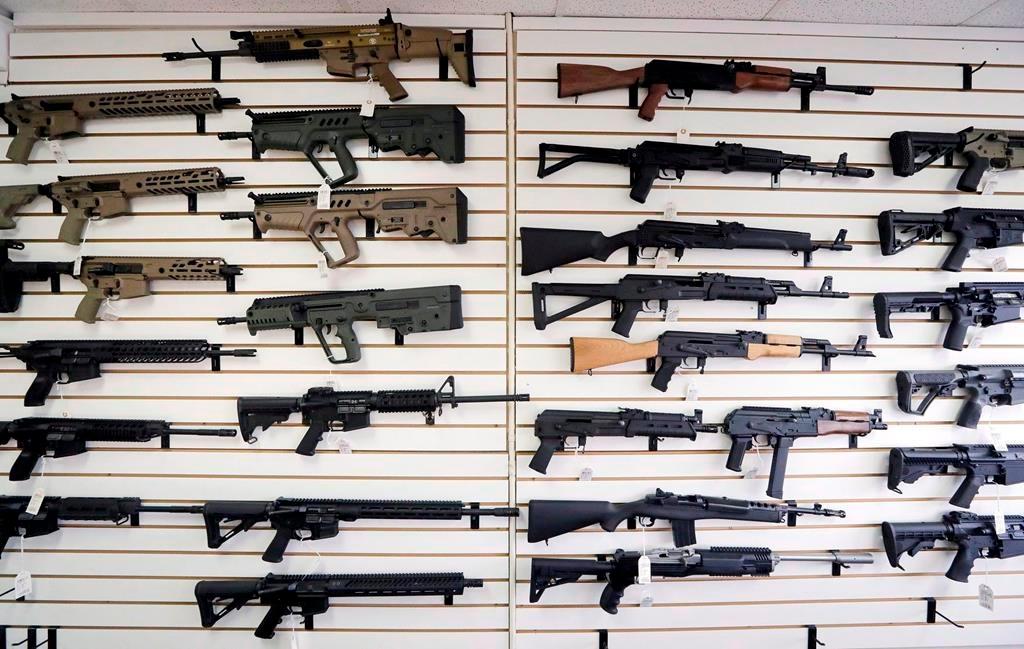Commentary
The Liberal government introduced Bill C-21 in Parliament this week claiming that it would combat gun violence and keep Canadian communities safe. This is difficult to believe, because none of its provisions address violent crime or deal with the violent misuse of firearms. It does increase the maximum penalty for non-violent firearms crimes from 10 to 14 years.





